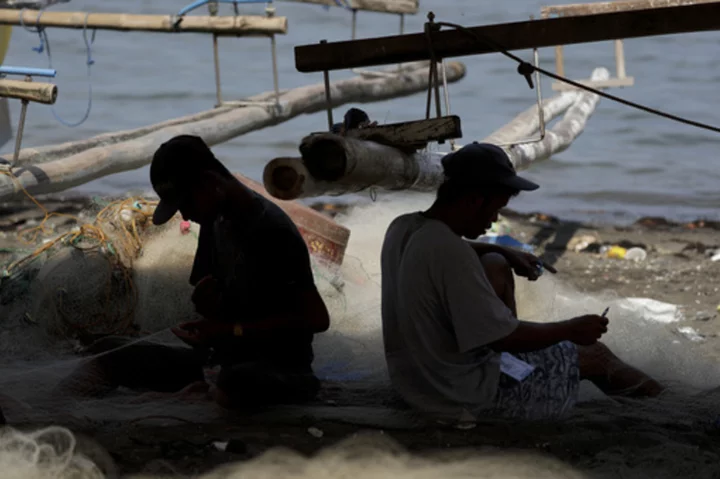MANILA, Philippines (AP) — Canada will help the Philippines detect illegal fishing with its satellite surveillance system under a new agreement, Philippine officials said Monday.
The arrangement gives the National Coast Watch Center of the Philippines access to data from Canada’s “Dark Vessel Detection System,” which harnesses satellite technology to track illegal fishermen even if they switch off their location transmitting devices, the Department of Foreign Affairs in Manila said.
Illegal and unregulated fishing is a problem across the Philippine archipelago, including in disputed areas of the South China Sea. The Philippine coast guard has accused Chinese coast guard ships and fishing vessels of switching off their location-transmitting devices to avoid detection and surveillance.
Canadian and Philippine officials signed the agreement last week on the sidelines of talks held in the Canadian capital of Ottawa to discuss ways to strengthen relations between the two countries, the Foreign Affairs Department said without providing other details.
China claims virtually the entire South China Sea on historical grounds but this was invalidated by an arbitration tribunal ruling in 2016. China refused to participate in the arbitration sought by the Philippines, rejected the ruling as a sham and continues to defy it.
Aside from China and the Philippines, Vietnam, Malaysia, Taiwan and Brunei have had overlapping territorial claims in the South China Sea, which straddles one of the world's busiest sea lanes.
Canada is among several Western countries that have recognized the 2016 arbitration ruling and called on countries, including China, to respect it.









